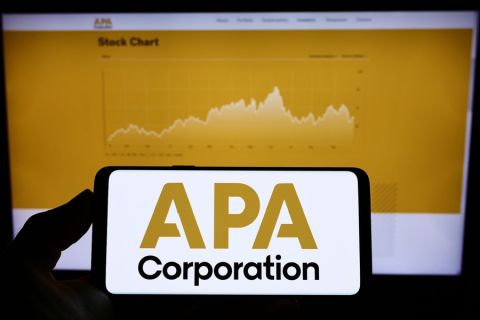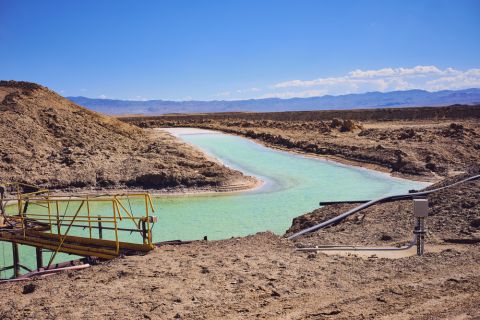Those of a certain age—and mind—may remember the television show “Hee Haw” and its slapstick, cornball humor.
One of the program’s ongoing, yuck-yuck skits was Archie’s Barber Shop and its “That’s good/That’s bad” routine, in which comedian Archie Campbell would banter with guests in his barber chair.
North America’s energy industry has something akin to the late Mr. Campbell’s routine happening as it enters 2014. Consider:
The industry faces continued low natural gas prices.
That’s bad.
No, that’s good. Low gas prices will encourage development of new markets.
That’s good.
No, that’s bad. The build-out will stretch the industry’s ability to find qualified people to do the work.
That’s bad.
No, that’s good. The industry faces its “big crew change” in the next few years and comparatively high salaries and broad opportunities will encourage young people to go into oil and gas.
That’s good.
No, that’s bad. The U.S. already faces the prospect of a lack of qualified workers.
That’s bad.
No, that’s good … And on and on it goes. The point of the “Hee Haw” dialogues, besides some good laughs, is that your viewpoint of a situation can determine whether you seize opportunity. Attitude is important. Can you think of any other country in the world that would not want the energy-related problems the U.S. and Canada face right now?
Philadelphia story
Take a look at what’s happening in Philadelphia. Forbes magazine had a recent story that projected Philly may be the next “global energy hub.” It may not replace Houston but Philadelphia certainly can take its place alongside Tulsa, Edmonton and Midland as a bona fide oil town—as well as its cross-state rival, Pittsburgh. The unconventional plays have led to a rebirth of Philadelphia’s energy business, which dates from the 1800s. This issue’s cover story considers the shale gale’s impact on two businesses, fertilizer and metals. There will be problems, that’s bad. But there will be significant growth, that’s good. It marks the first cover story authored by John Harpole, who also writes our Closing Bell column at the back of each issue, serves as senior advisor to Midstream Business and is a member of our editorial advisory board. Much of the ethane and other natural gas liquids that will feed growth flow out of the still-growing Marcellus. Associate Editor Michelle Thompson provides an update on that play. Thanks to all of you who joined us at Hart Energy’s fifth annual DUG East conference in Pittsburgh late last year. It attracted more than 4,200 attendees—nearly one-third more than who attended the 2012 session. I and other members of the Midstream Business staff will be back in Pittsburgh this month for Hart Energy’s Marcellus-Utica Midstream conference, which will focus on midstream issues in these dynamic plays. ?
Recommended Reading
CorEnergy Infrastructure to Reorganize in Pre-packaged Bankruptcy
2024-02-26 - CorEnergy, coming off a January sale of its MoGas and Omega pipeline and gathering systems, filed for bankruptcy protect after reaching an agreement with most of its debtors.
BP Restructures, Reduces Executive Team to 10
2024-04-18 - BP said the organizational changes will reduce duplication and reporting line complexity.
APA Shuffles Leadership Following Callon Acquisition
2024-04-09 - APA CEO John J. Christmann said the changes will structure leadership to better align with the company’s “evolving” business needs.
M4E Lithium Closes Funding for Brazilian Lithium Exploration
2024-03-15 - M4E’s financing package includes an equity investment, a royalty purchase and an option for a strategic offtake agreement.
Jerry Jones Invests Another $100MM in Comstock Resources
2024-03-20 - Dallas Cowboys owner and Comstock Resources majority shareholder Jerry Jones is investing another $100 million in the company.





